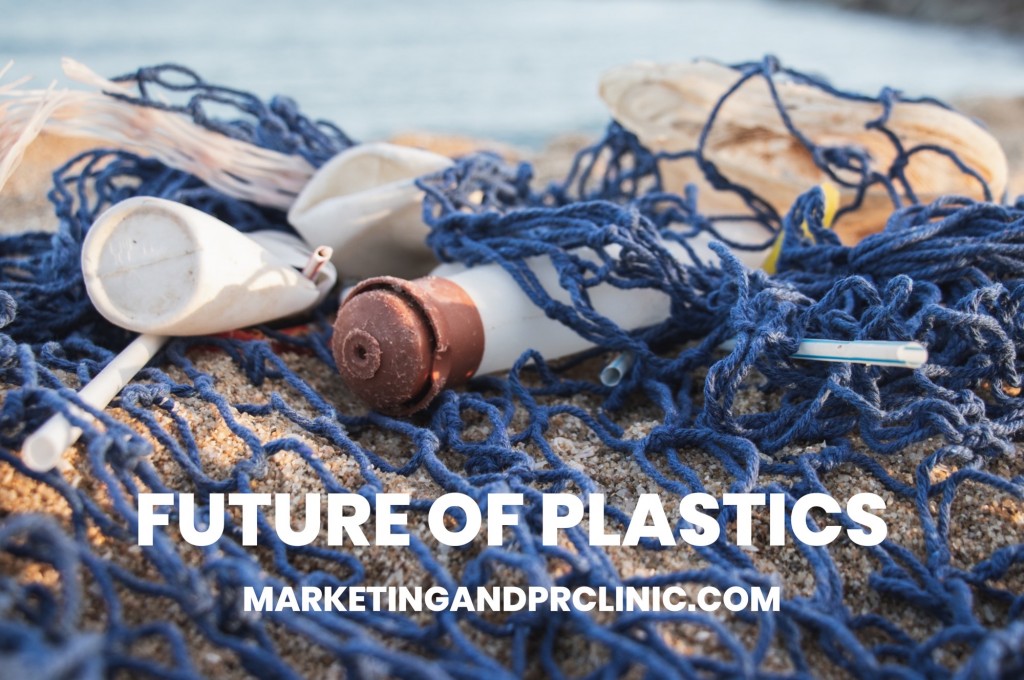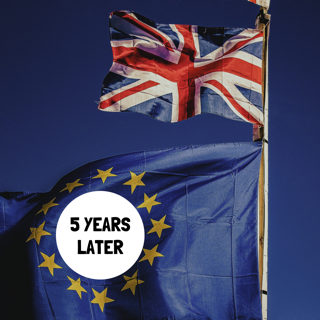Survey highlights value that experienced remote workers can bring to new ways of working.
Eighty per cent of regular remote workers have not been promoted since working remotely and 44% have not had access to training, according to a survey from workingmums.co.uk in partnership with The Changing Work Company.
The qualitative survey highlights the experiences of those who have been working remotely or in a hybrid way, half of them since before the pandemic, and aims to give them a voice on how to improve these different ways of working.

It found that the majority of respondents worked for smaller companies with under 250 employees. The figures showed that smaller companies were more likely to offer remote working – 41% worked for companies with fewer than 25 employees and 20% for employers with 26-250 employees.
Better work life balance (28%) was the top reason for choosing to work remotely, although another 20% said their role required remote working. Caring reasons and Covid were other reasons given. Thirty per cent found it difficult (22%) or very difficult (8%) to negotiate remote working.
The survey also showed that employers are missing a trick by not asking those who have done remote working pre-Covid for advice on how to do it better: 68% of respondents had not been asked about their experience of working from home to help others who switched during Covid.
Two thirds (66%) of respondents were offered resources such as laptops by their employers but 71% said their employer did not pay for things like work-based calls.
The survey also showed that:
– 31% felt they missed out on crucial information. But over half of those who said they didn’t (55%) said this was down to their own efforts to find out what was going on, with just 32% saying their employer made an effort to ensure they didn’t miss out
– A third (33%) didn’t have access to technical support
– 36% felt they were not included in decision-making due to being remote, which one in five (20%) said was the most difficult thing about working remotely.
– 63% have a distinct start to the day vs 18% who don’t.
– 53% have regular breaks vs 15% who don’t and 32% said they do not always have regular breaks.
Participants were also asked what helped them when it came to isolation at home. Keeping in touch, planning social interactions outside work and keeping to a routine were popular choices. To keep in touch one respondent had started a virtual lunch chat. Others had created Teams chats and other forums for communication.
Asked what skills they think are needed to work remotely, 85% think self motivation is a vital skill; 68% said independent thinking; and 58% said resilience. 74% said they had honed these skills through remote working and 22% had developed them due to homeworking.
Asked what would improve their situation they said better communication and appreciation of what they do. While 58% felt as valued and listened to as office-based people, the rest mostly didn’t or were unsure.
On the positive side, participants said they had learnt discipline, to value their own capability and resilience from remote working. Their advice to others included organising and planning, having a structure, sticking to your working hours and thinking about alternative forms of social interaction.
Gillian Nissim, founder of WM People, the umbrella group for workingmums.co.uk, workingdads.co.uk and workingwise.co.uk, said: “This survey was driven by a sense that the voices and experiences of those who have worked remotely or in a hybrid way for years are often not heard and that they must surely have a valuable contribution to make on how to make remote and hybrid working work better.
“We know that employers who seek feedback from their employees through employee network groups or other forums, listen to what they are saying and take action are the most innovative and attractive and have the highest engagement scores. Too often remote workers have been left to their own devices to make the best of remote working, but this one-sided approach means neither the employee nor the employer overcomes the biggest challenges or reaps the full benefits.”
Lucy Goaman of The Marketing and PR Clinic said: “Employers can sometimes struggle to understand the power of hybrid working in 2022 and beyond. Great members of your team can work hard from anywhere. Communication skills are by far the most important skill that managers need to hone in order to successfully motivate remote workers, especially those who have a long standing involvement and invaluable depth of knowledge with a business or specific industry. Each day we are given 86,400 seconds. Everyone is given the same. No exceptions. Time is the remote workers – employees and self employed – biggest gift to an organisation. There is one simple truth, your remote workers time is limited and one day they may choose to not spend their time on your brand or business because they didn’t feel appreciated. Value your entire team, whether they are employee, self employed, working in the office or remote working.”
Bridget Workman of The Changing Work Company said: “More than four in five people surveyed are either working remotely now or have done so in the past. Half of them have been working that way for more than three years and a quarter for more than five years. This represents a wealth of experience that, surprisingly, most employers have not yet tapped into.
“68% of those surveyed said their employers had not asked them to share their knowledge to help colleagues suddenly switching to homeworking nor have they been consulted for their special insights on how to make the hybrid mix of office, home and remote working work. Although usually provided with equipment, the majority had to learn the hard way, through trial and error, having received no training. They know the pitfalls and have learned the necessary skills and tricks through their own resourcefulness and resilience.”











